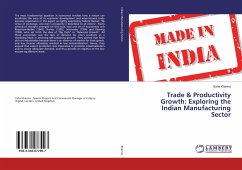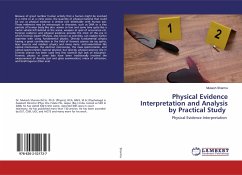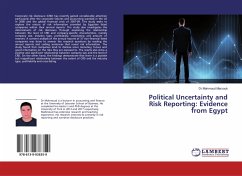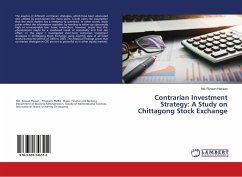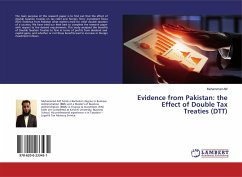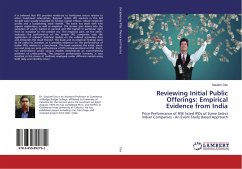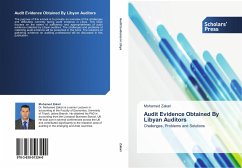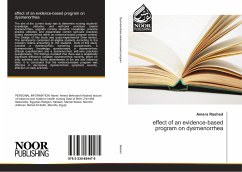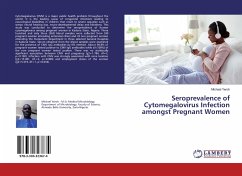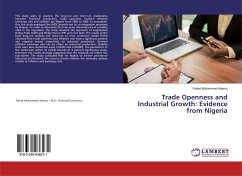
Trade Openness and Industrial Growth: Evidence from Nigeria
Versandkostenfrei!
Versandfertig in 6-10 Tagen
27,99 €
inkl. MwSt.

PAYBACK Punkte
14 °P sammeln!
This study seeks to examine the long-run and short-run relationship between industrial production, trade openness, nominal effective exchange rate and inflation gin Nigeria from 1986 to 2008. To accomplish this, the study employed the ARDL bounds test to co-integration proposed by Pesaran. In order to determine the time series characteristics of variables used in the regression, the study adopted the approach of Augmented Dickey-Fuller (ADF) and Philips Perron (PP) unit root tests. The results of the both long-run analysis and short-run of error correction model (ECM) indicated that trade open...
This study seeks to examine the long-run and short-run relationship between industrial production, trade openness, nominal effective exchange rate and inflation gin Nigeria from 1986 to 2008. To accomplish this, the study employed the ARDL bounds test to co-integration proposed by Pesaran. In order to determine the time series characteristics of variables used in the regression, the study adopted the approach of Augmented Dickey-Fuller (ADF) and Philips Perron (PP) unit root tests. The results of the both long-run analysis and short-run of error correction model (ECM) indicated that trade openness and inflation rate have a significant positive and negative impact respectively on industrial production. Nominal effective exchange rate has no effect on industrial production. Stability tests were also conducted using CUSUM and CUSUMQ, the parameters of the model lied within its critical bounds of 5 percent significance levels, therefore the results strongly suggested that the residuals are within the boundaries. The study concludes that for Nigeria to achieve persistence industrial performance the country should stabilize the monetary policies relative to inflation and exchange rate.



